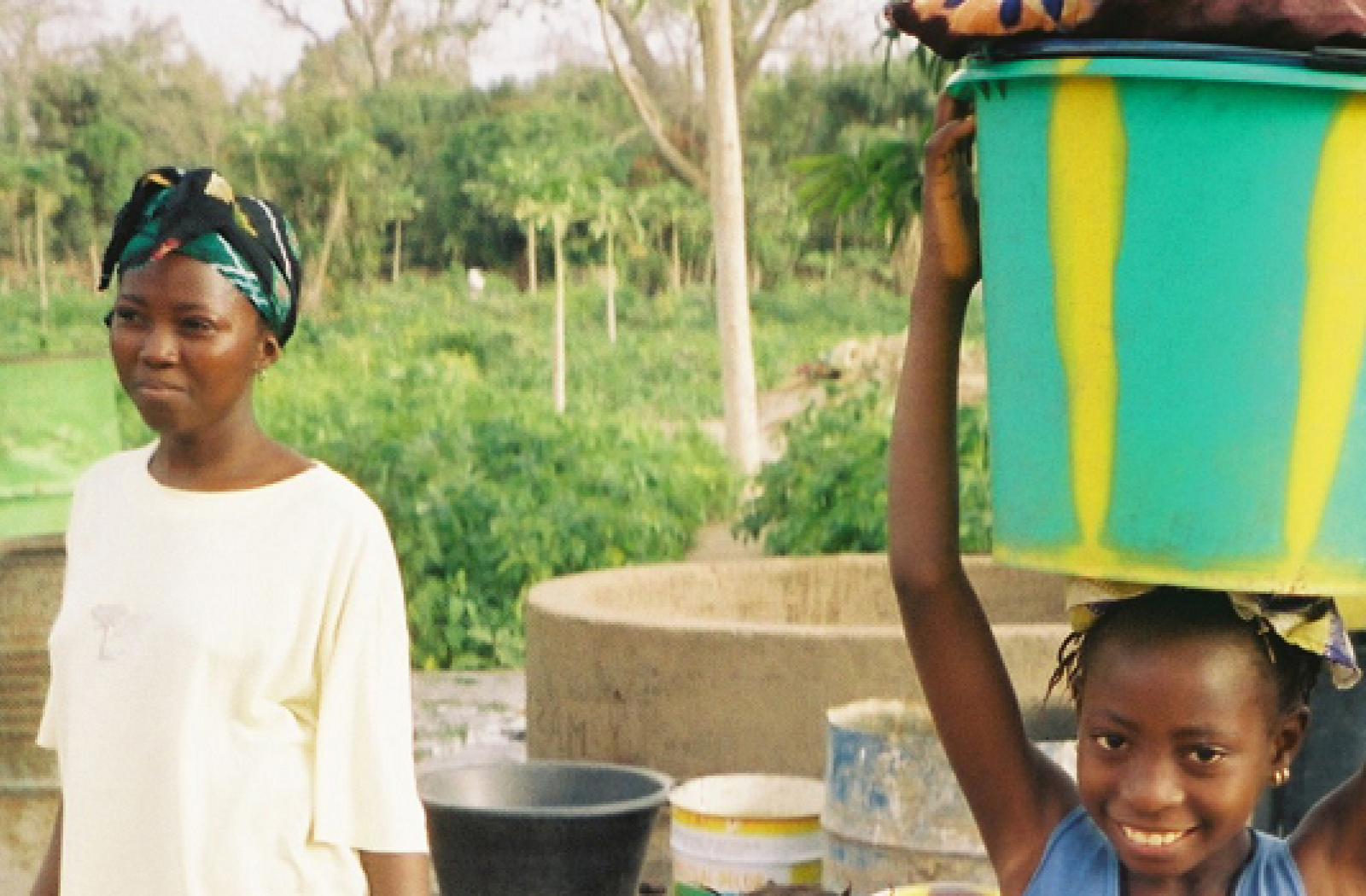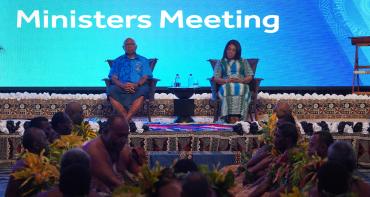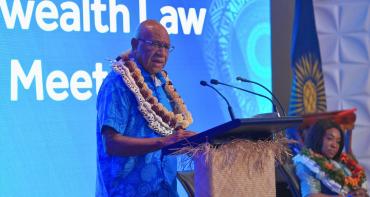If you are a woman and want to work or operate on an equal footing with men, it is almost certain the laws in your country will hinder your right to do so.

This blog is part of the Commonwealth’s ‘16 Days of Actions’ series, designed to showcase multi-disciplinary national solutions in addressing violence against women and girls. These proven solutions build on the collective experience of the 54 member countries – representing one-third of humanity – which can be replicated elsewhere to create a safer world for every woman and girl. Read the full series here.
If you are a woman and want to work or operate on an equal footing with men, it is almost certain the laws in your country will hinder your right to do so.
A 2019 World Bank report, which studied 187 countries, found only six countries enshrined equal legal rights, though this is an increase from zero compared to a decade ago.
This constitutionalised discrimination is prevalent across all spheres of life, and impedes half of the world’s population from reaching their full potential whether they live in a rich, resource-challenged, large, small, liberal or conservative country.
While discrimination should be unacceptable in all spheres of life, some forms are far more lethal than others. For instance, in some countries, women do not have equal rights to leave their abusive partners or seek justice, which traps them in life-threatening situations against their will.
Levelling the law
Aiming to turn the tide on discriminatory gender laws, the Secretariat teamed up with UN Women and other partners in March 2019 to launch the first-of-its-kind Equality in Law for Women and Girls by 2030 multi-stakeholder strategy.
The global strategy aims to boost full legal protection for 50 million women and girls across 100 countries by 2023 under the law. It serves as a framework for faster action on scrapping all forms of discriminatory gender laws from statute books such as unequal pay, unrecognised unpaid care work, protection of domestic workers, inequality in nationality laws and provisions that allow child marriages.
Shortly after the launch, it was encouraging to see The Gambia was the first country to request the Secretariat and UN Women to apply this strategy to its laws to determine the extent to which they were compliant with international norms and standards. The request was part of the country’s wider efforts to review and reform the current constitution and existing laws under the Constitutional Review Committee.
We undertook an extensive analysis to review the country’s constitution, statutes, legislative instruments, case law and related legal texts to determine their impact on women’s rights. After the review, we co-hosted a high-level national consultation in July 2019 with parliamentarians, judges, legal professionals and UN in-country staff to agree on key recommendations for the legislative reforms
Findings: the way forward
The recommendations, outlined in the report of the mapping exercise, encourage The Gambia to amend 19 laws and repeal 10 in whole or in part to end discrimination in legislation. It further proposes enacting two new laws to ensure the country’s legislative framework meets its international obligations on gender equality.
The report stresses that complying with gender equality standards should be a priority in implementing national laws. For this reason, it proposes 14 policy measures to ensure laws fully deliver on women’s rights, which include investing in post-natal care, providing accessible legal aid, and ratifying and complying with international labour laws.
It has been encouraging to see The Gambia’s Attorney General’s Chambers and the Ministry of Justice moving this forward and drafting and presenting the Women (Amendment of Discriminatory Laws) Bill before the National Assembly to implement the report’s recommendations. Before the coronavirus pandemic began, we were expecting to see concrete results from the bill by the end of this year, but unfortunately, the process has been disrupted.
The implementation of the recommendations will make Gambian women and girls even more empowered and will support the government’s efforts to build back better after the COVID-19 pandemic.
The Gambia shows what is possible. We urge all countries to follow The Gambia’s lead, and reform legislation which discriminates unjustly on grounds of gender. The Commonwealth stands ready to support member countries in achieving this equality under and before the law.
It is inconceivable that at this point in time there are laws which still favour men over women. This has to stop. The choice is clear. If women are held back, the whole community suffers. But if women participate on an equal footing as men, the whole society benefits.
The ‘16 Days of Actions’ blog series is part of the Commonwealth Says NO MORE campaign. Read the full series here, learn more about the Commonwealth’s work on ending violence against women and girls here – and join in the conversation on social media by using #CommonwealthSaysNOMORE.



